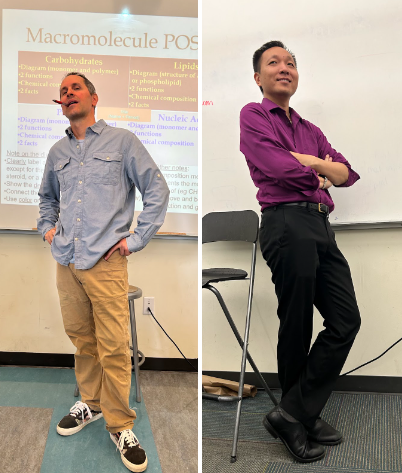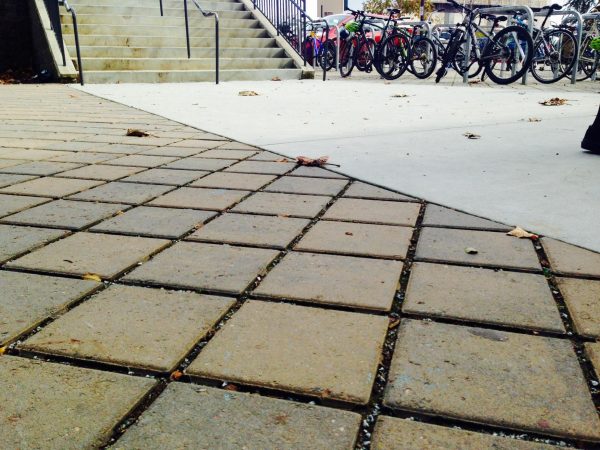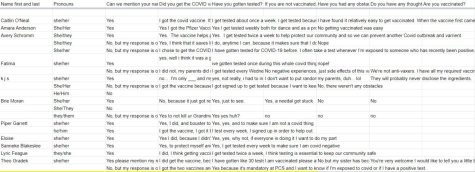Why Students are Leaving PCS
May 12, 2015
In a recent meeting during ACS WASC’s (Accrediting Commission for Schools, Western Association of Schools and Colleges) visit to our school, WASC wanted to understand why each year, so many students transfer out of PCS before 11th grade. I did not feel comfortable attending the meeting because of the way students were selected, but being a college senior who made it all the way through, I put some thought into the question. There are multiple parts to the answer:
Junior year is the peak of stress for many students because at the minimum, there are three required AP classes. AP English Language, AP U.S. History, and AP Biology together become heavyweight, time-consuming courses that can make a junior’s life incredibly stressful. AP English Language has nightly at-home reading, pop quizzes, nightly writing assignments, weekly writing assignments, and massive tests. APUSH is structured in a less insistent manner and leaves students to pace themselves, but you can almost always hear a junior talking about their next full-chapter outline and when they’ll actually have time to do it. AP Biology may be the least inherently time-consuming and most reliant in pacing and self-discipline of these three, with only weekly online quizzes, occasional labs, and unit tests, but one must spend an abnormal amount of time to keep up with the sheer volume of information being introduced in each day’s class.
On top of this, most students are in Pre-Calculus in junior year, or AP Calculus BC depending on their math placement. Pre-Calculus has substantial nightly homework, frequent quizzes, and difficult subject matter. Though AP Calculus at PCS is, in my opinion, an easier class and much less intensive, most AP Calculus students choose to take AP Physics instead of AP Bio because of its connections and relevancy to AP Calculus, and shift AP Bio to senior year. AP Physics at PCS is notorious for its periodic massive packets of AP problems, and grueling, heavily curved exams, which make it the most intense and stressful science class I have taken. Not difficult to achieve a good grade in, but the most difficult nonetheless.
Most students experience a drop in grades during junior year, and students in lower grades know about this. When they realize that they could not experience a drop in grades if they went elsewhere, many transfer.
In terms of AP requirements and focus, PCS is one of the most rigorous schools in the country. Our College Readiness Index on U.S. News and World Report is boosted by our exam participation rates and percentage of students passing at least one exam, both of which may easily be largely by virtue of how many AP tests students are encouraged to take. No matter the original vision of the school, I have to wonder how much of the focus on AP tests at this point is fixated on rankings. This focus comes to a head in junior year, to the point that many flee the school to avoid it.
The new block schedule may improve the exodus to some degree, but for many students, the personable and exceptional teachers, guaranteed quality of education, small class size, and dedicated community is simply not enough to weigh against these factors.








![[Right to left: Ben, Jackson] Ben: I don’t care. If I had to wear a mask, I would do it, if I didn’t have to wear a mask... I don’t care.](https://www.pcsroar.com/wp-content/uploads/2022/04/IMG_5044-e1651362674871-356x475.jpg)


